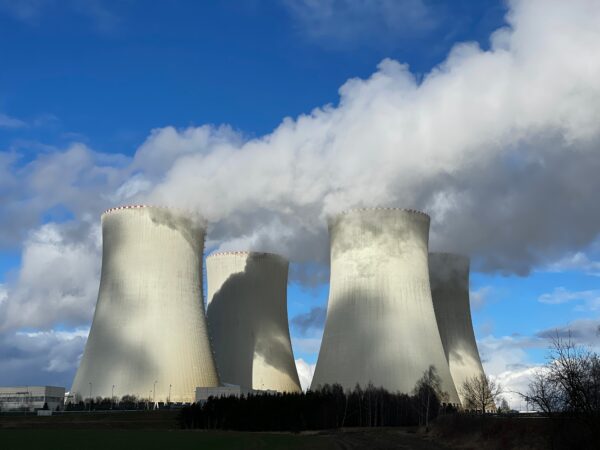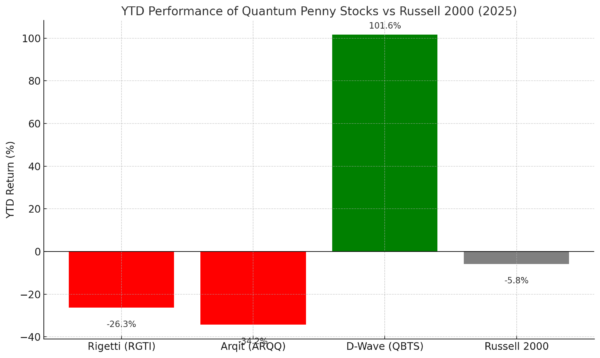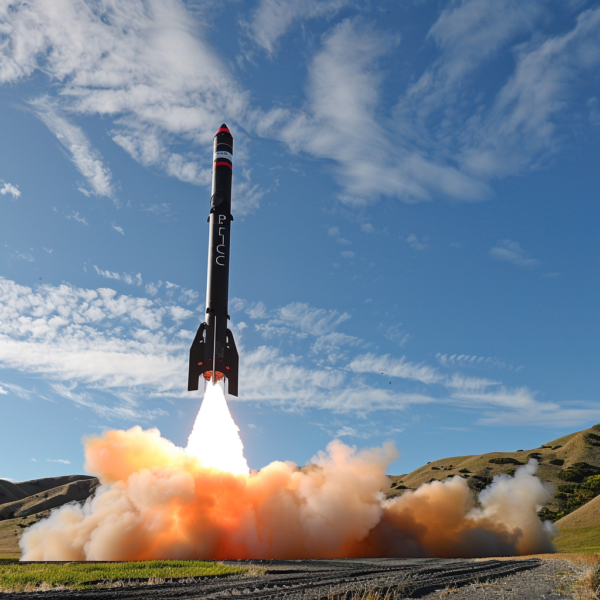Is Apple (Still) the Perfect Stock?
Tesla may attract all the headlines among millennial traders on Robinhood.
But in terms of wealth generated for investors over time, Apple trumps Tesla any day of the week.
On August 19, Apple’s shares climbed 1.4% to $468.65, making it the first U.S. company to push through the $2 trillion market cap barrier.
Yes, the Silicon Valley-based tech giant has pulled back from its all-time highs over the past few weeks.
But Apple remains the world’s largest company as measured by market capitalization.
Click here to watch Nicholas’ latest video update.
Not only is it five times the size of Tesla…
But Apple is more valuable than every stock market in the world except for the United States’, China’s and Japan’s.
Does all this make Apple the perfect stock?
My History With Apple
Established in 1976 and listed on the stock market in 1980, Apple has been responsible for ubiquitous products such as the Macintosh computer, the iPod and the iPhone.
I probably got exposed to Apple products sooner than most.
I was in Silicon Valley at Stanford in the spring of 1984 when Apple launched the Macintosh computer. Since Apple is just down the road from the campus, Stanford students got first dibs on the boxy Mac computer and its revolutionary mouse.
Apple was a premium product from day one. I recall Apple sold the 128-kilobyte memory Macs for about $1,600.
To put that number in perspective, Stanford’s tuition at the time was about $9,000 per year.
No matter. Stanford’s libraries were soon full of Macs. And it became an Apple testing lab for how college students used computers.
I even recall running into Apple’s CEO at the time, John Sculley, in a friend’s dorm room (Sculley’s son was a Stanford student at the time).
What Made Apple (the Company) Successful?
Apple fans attribute Apple’s success to the return of Steve Jobs in 1996. About a decade later, in 2007, Apple launched the iPhone. Apple had found the secret sauce to success: Make your products addictive. And the iPhone was as addictive as tobacco.
Other analysts attribute Apple’s success to expanding its services division – its App Store, music service and Apple Pay. These services account for a growing percentage of its revenue stream. I get a bill from Apple for something every other day. And that wasn’t the case five years ago.
All this suggests that Apple is a great company.
Still, it doesn’t explain the outperformance of its stock.
What Made Apple (the Stock) So Successful?
It’s one thing to be a successful company. It’s another thing to be a successful stock.
Some of the world’s worst companies are all smoke and mirrors but boast a soaring stock price. Other companies are among the best in the world but generate only average returns.
Apple, I think, is a bit of both.
Today, I see three primary reasons for Apple stock’s remarkable rise.
First, there is Apple’s “multiple expansion.”
That’s a fancy way of saying that investors are willing to pay more for the same amount of earnings.
As recently as early 2019, Apple traded at a forward price-to-earnings (P/E) ratio of 13.
Today, it trades at a forward P/E multiple of 34.
Most investors are surprised when they learn that Apple is not much of a growth company.
But the reality is that its earnings have been mostly unchanged over the past three years.
In 2018, Apple posted a net profit of around $59 billion. In 2019, that dropped to about $55 billion. In 2020, analysts expect Apple to post approximately $58 billion in net profit.
That’s a pretty flat performance, no matter how you slice and dice it.
If Apple were trading at its 2019 forward P/E of 13 – as opposed to its current forward P/E of 34 – it would have a market cap of about $750 billion.
That’s nothing to sneeze at.
But it gets Apple only one-third of the way to $2 trillion.
Second, as one analyst put it, “Apple is eating itself.”
Apple stock has just kept climbing in part because the company continues to buy back its stock.
It is far easier for Apple’s stock to keep rising if Apple is always there to “buy on the dips.”
And Apple generates a lot of cash to buy back its shares.
Apple repurchased around 500 million shares – or just over 10% of its float – between the end of 2018 and the third quarter of 2020.
Reducing the number of shares outstanding also flatters Apple’s earnings per share numbers.
After all, the same profit is spread across fewer shares.
Third, Apple has what psychologist Robert Cialdini calls “social proof.”
Put another way, “If it’s good enough for Warren Buffett, it’s good enough for me.”
As of the end of June, Berkshire Hathaway held 245 million Apple shares, representing a 5.7% stake in Apple.
That works out to 980 million shares following Apple’s stock split on August 28.
Based on the September 22 closing price, Berkshire’s stake in Apple is worth about $110 billion – or about 21.5% of Berkshire’s market cap.
That makes Apple Warren Buffett’s largest and most successful investment ever.
The Outlook for Apple Stock
Apple has had a historic and outsized run.
It took Apple almost 40 years to reach a market value of $1 trillion.
Yet it took just two more to hit $2 trillion.
But as we’ve seen, most of Apple’s stock price growth has come from multiple expansion.
A robust stock buyback program has also boosted Apple’s earnings per share.
The bottom line?
Apple has done a remarkable job for both consumers and investors.
But I’m betting that the next trillion dollars in market cap will come far slower than the last.
So hold on to your Apple stock for now.
And keep an eye out for the next “perfect stock.”
About Nicholas Vardy
An accomplished investment advisor and widely recognized expert on quantitative investing, global investing and exchange-traded funds, Nicholas has been a regular commentator on CNN International and Fox Business Network. He has also been cited in The Wall Street Journal, Financial Times, Newsweek, Fox Business News, CBS, MarketWatch, Yahoo Finance and MSN Money Central. Nicholas holds a bachelor’s and a master’s from Stanford University and a J.D. from Harvard Law School. It’s no wonder his groundbreaking content is published regularly in the free daily e-letter Liberty Through Wealth.







